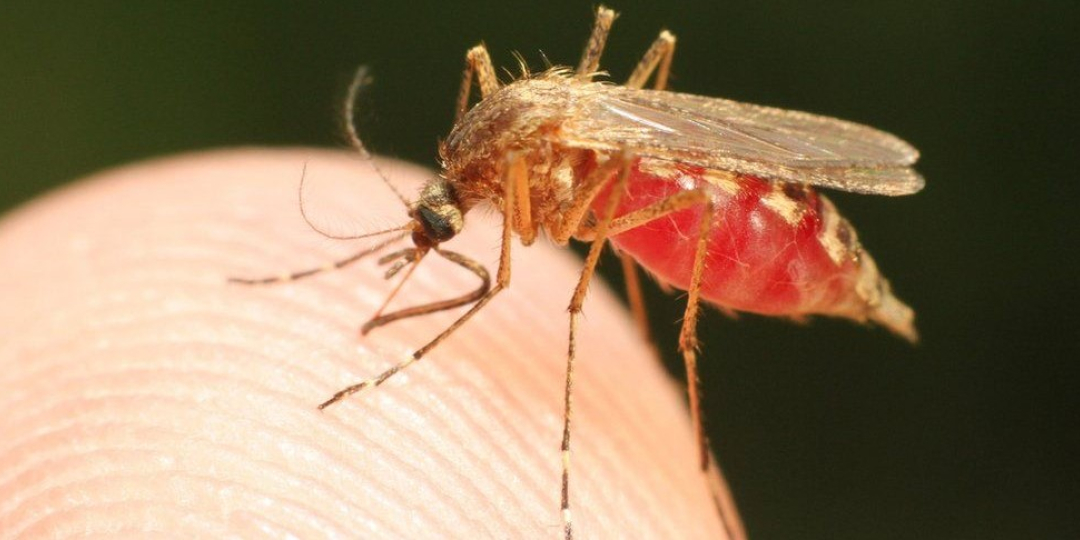The alarming increase in numbers of malaria, cholera and measles cases in Africa is linked to a combination of climate change, the breakdown of services during COVID and post-pandemic migration patterns. It’s important for corporate clients to understand the shifting levels of disease risk to which their travellers will be exposed when travelling in Africa..
At a recent webinar hosted by International SOS, employers were warned by a panel of experts to ensure they protect their employees against disease outbreaks while those staff travel in Southern and Central Africa.
The webinar was hosted by International SOS’s Global Health Adviser of Clinical Governance, Dr Chris van Straten, Co-ordinating Doctor of Medical Assistance, Dr Anita Soni, and Deputy Medical Director in Mozambique, Dr Kety Guambe.
Malaria
According to the World Health Organization, between 2020 and 2021 there was a 2,5% increase in the incidence of malaria cases. Soni pointed out that this was a result of climate change as temperatures, humidity and rainfall have increased in the region and this had expanded the areas in which malaria could be considered endemic.
On the question of the status of the development of malaria vaccines, Soni said this was still in its experimental phase and 18m malaria vaccines are to be distributed among children aged five to 17 months in 12 African countries, once the clinical trials are completed in 2024.
Cholera
The UN says in 2022 there were about 80 000 cases of cholera, with 1 863 resultant deaths. A recent outbreak in southern Africa, has resulted in 26 000 cases and 660 deaths in January 2023 alone, as infrastructure faces stress and migration patterns increase post-pandemic. Furthermore, only 37m doses of the cholera vaccine are available this year.
Measles
According to WHO, in 2021 there were 128 000 cases of measles, mostly in children, but the numbers continued to grow after the pandemic, as many pandemic babies did not receive their vaccinations due to strain on public health resources. Guambe insisted that the only way to avoid contraction and suffering severe symptoms was by keeping up with all vaccinations.
These circumstances increase foreign travellers’ risk of catching malaria and cholera, putting them in a low immunity category as they often originate from places where they have previously had no exposure to these diseases.
Updates essential
Businesses and organisations with travellers into Africa need to keep their policies and procedure, and emergency medical response plans up to date and accessible to all employees. Employers need to be constantly updating education on the methods of transmission, symptoms of these diseases, and preventative vaccinations and medications, and they should provide these preventative medications, vaccinations, testing kits and treatment plans for the diseases prevalent in the areas of business travel.
It is recommended that employers regularly conduct risk assessments, monitor vector control by investing in surveillance tools such as tracking applications, and provide emergency medical hotlines to ensure their employees’ safety.














